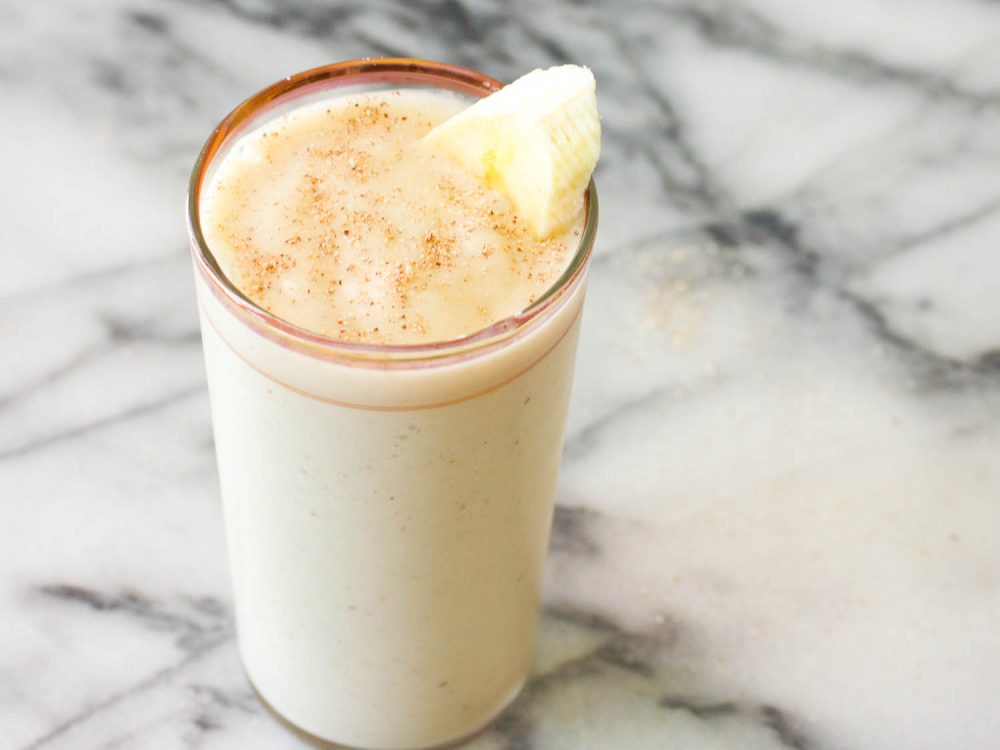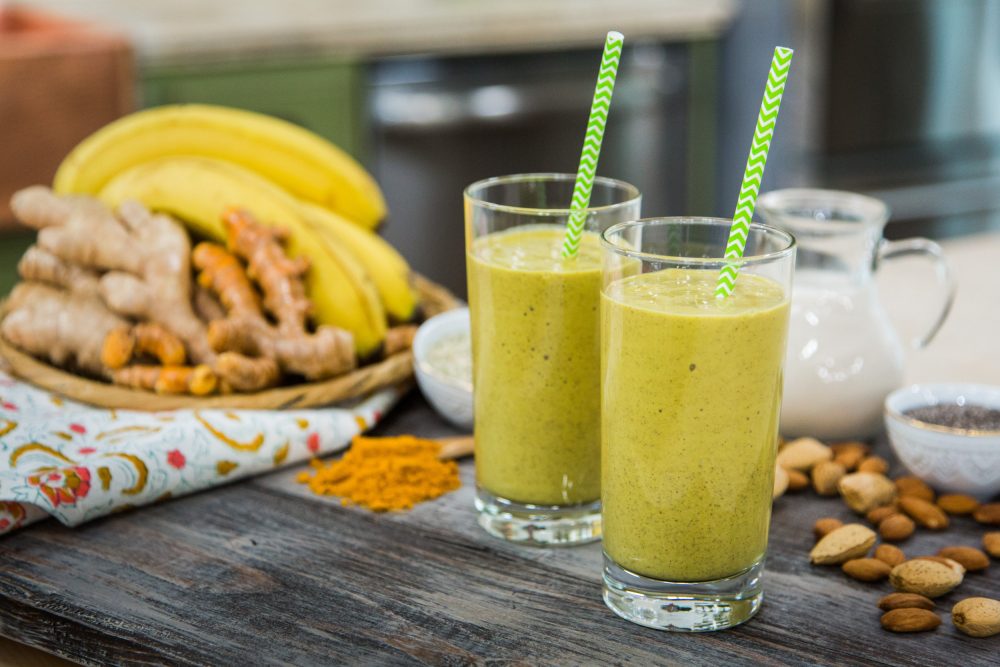The amount of fluid an individual needs depends on many factors including their age, their gender, the weather and how much physical activity they do, but generally they should aim to drink about 6-8 glasses of fluid per day (on top of the water provided by food in their diet).

Younger children need relatively smaller drinks (e.g. 120–150 ml serving) and older children need larger drinks (e.g. 250–300 ml serving). This is based on recommendations from the European Food Safety Authority (EFSA), which set out how much fluid children of different ages need.
Water Intake Guidelines
These are the Institute of Medicine’s guidelines for water intake:
- Men should drink 3 liters (about 14 glasses) of total fluids a day.
- Women should drink 2.2 liters (about 10 glasses) a day.
- Babies and infants need 0.7 to 0.8 liters of water daily from breast milk or formula.
- Small children need 1.3 liters to 1.7 liters every day. Boys and girls age 9 to 13 need 1.7-2.5 liters every day.
- The Institute of Medicine suggests that expecting mothers drink 2.5 liters (about 10 cups) of fluids every day and women who breastfeed drink 3.2 liters (about 13 cups) of fluids daily.
- After you exercise or take part in any strenuous activity, it is necessary to drink more water to replenish for the fluid loss. An added 400 to 600 millilitres (more than 2 glasses) of water should be enough for short periods of exercise, but intensive exercise that lasts over an hour requires additional fluid intake.
- The U.S. Dietary Guidelines 2015-2020 do not recommend a specific daily water or fluid intake, but they do recommend choosing plain rather than flavored water and juices with added sugar.
Age vs. Milk Intake

Milk is a useful source of nutrients, especially protein, B vitamins, iodine and calcium.
- For infants and babies less than 12 months of age, drinking cow’s milk is not recommended. Breastfeeding is best for them to get the enough the required nutrients.
- For children in the age group of 1-3 years, 360 milligrams of calcium are required per day. To meet this need, they should at least drink about 100 mL of milk and about 100-125 g of milk products like yogurt and cheese.
- For those in the age group of 4-10 years, 130-150 mL of milk is ideal to meet the requirement of 450-500 milligrams of calcium per day.
- For those in the age group of 11-18 years, they should drink at least 200-250 mL of milk. In addition to milk, they should take other milk products such as yogurt (about 200 g) and cheese (about 30-40 g).
- For those in the age group of 19-50 years, they should drink about 200 mL of milk every day along with consuming other milk products such as yogurt (150 g) and cheese (about 30 g) to meet the ideal calcium requirement.
- To get an adequate calcium supplement, those above 50 years of age need to drink about 200 mL of milk every day along with having other milk products like yogurt (150 g) and cheese (30 g).
- Further, for those above 70 years of age, milk intake needs to be increased to about 230-250 mL per day.
Best Drink Options for Children?
Water and milk are the best drinks for children as they do not contain free sugars. Fruit juices contain free sugar and so shouldn’t be consumed in large amounts.
Drinking sugary drinks too often can also lead to tooth decay, especially if consumed frequently between meals or if teeth are not brushed regularly with fluoride toothpaste.
Some drinks are acidic (e.g. fruit juice, squash and some carbonated drinks) and this may cause dental erosion (damage to tooth enamel) if they are drunk often. Some drinks such as tea, coffee and some soft drinks may also contain caffeine which is a mild stimulant.

Children, especially younger children, should generally have less caffeine than adults due to their smaller size.
Milky drinks containing added sugars such as milkshakes, hot chocolate and malted drinks should only be drunk occasionally.
Fruit and vegetable juices and smoothies provide some vitamins and minerals. However, they also contain free sugars and can be acidic, so limit them to a combined total of one small glass (150ml) a day and keep them to mealtimes. 150ml counts as a maximum of 1 portion of 5 A DAY. They can be diluted with water to reduce acidity and sugars content.
Fizzy drinks can contain acids that can erode the outer surface of the tooth. Be aware that some of these drinks contain caffeine.
Sports and energy drinks can be high in sugars and energy drinks may contain high levels of caffeine or other stimulants. These drinks are not suitable for young children.
Practical tips to Stay Hydrated
Ensure children have a drink before school i.e. with breakfast, and during breaks/playtime.
Remember that many foods have a high-water content and can also contribute to fluid intake. i.e. fruit, vegetables, soup, yogurt.
Always pack a water bottle when heading off to school/office/outings/other activities.
Disclaimer
The Content is not intended to be a substitute for professional medical advice, diagnosis, or treatment. Always seek the advice of your physician or other qualified health provider with any questions you may have regarding a medical condition.